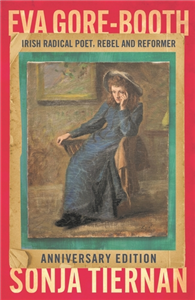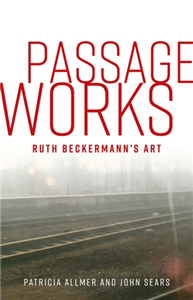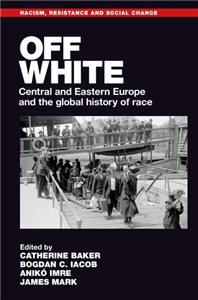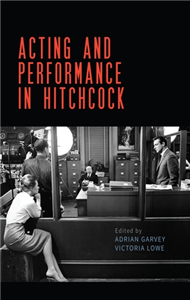Die Olchis und das Schrumpfpulver
by Erhard Dietl, Wolf Frass, Dagmar Dreke, Eva Michaelis, Nadine Schreier, Gerlinde Dilge, Robert Missler, Elga Schütz, Kai Henrik Möller, Dieter Faber, Frank Oberpichler, CSC creative sound conception, Die Olchis, Helena Thiemann, Erhard Dietl
Hilfe! Die Olchis sind geschrumpft! Als Professor Brausewein ein besonders starkes Putzpulver entwickelt, ahnt er nicht, welch schreckliche Nebenwirkung es hat: Alles, was mit dem Pulver in Berührung kommt, wird klein geschrumpft! Eines Nachts erwischt es auch die Olchis. Als sie am Morgen aufwachen, sind sie zu Winzlingen geworden! Muffelfurzteufel, nun ist guter Rat teuer, denn der Besitzer des Flohzirkus wittert seine Chance auf ein großes Geschäft … Hörspiel mit den beliebten Olchi-Sprechern























